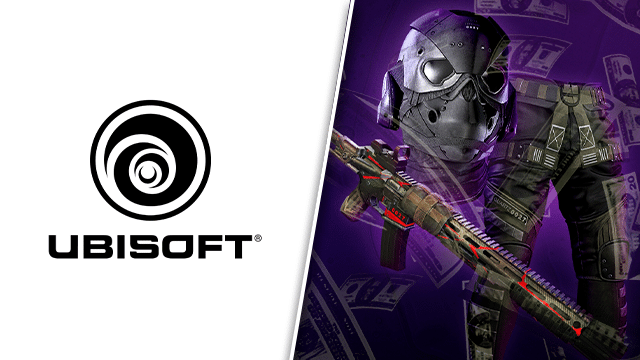Remember Horse Armor? The first DLC for The Elder Scrolls IV: Oblivion was $2.50 and gave players a set of armor for their horse. Fifteen years ago, the idea that a company would charge players $2.50 for a single in-game item was so absurd it became one of the OG gaming memes. However, after all the outrage against Bethesda, here we are, buying the color…

Atlas is an action-rpg with rogue-like elements where you use your ability to control the ground to fight the enemies and move through procedurally generated worlds.










